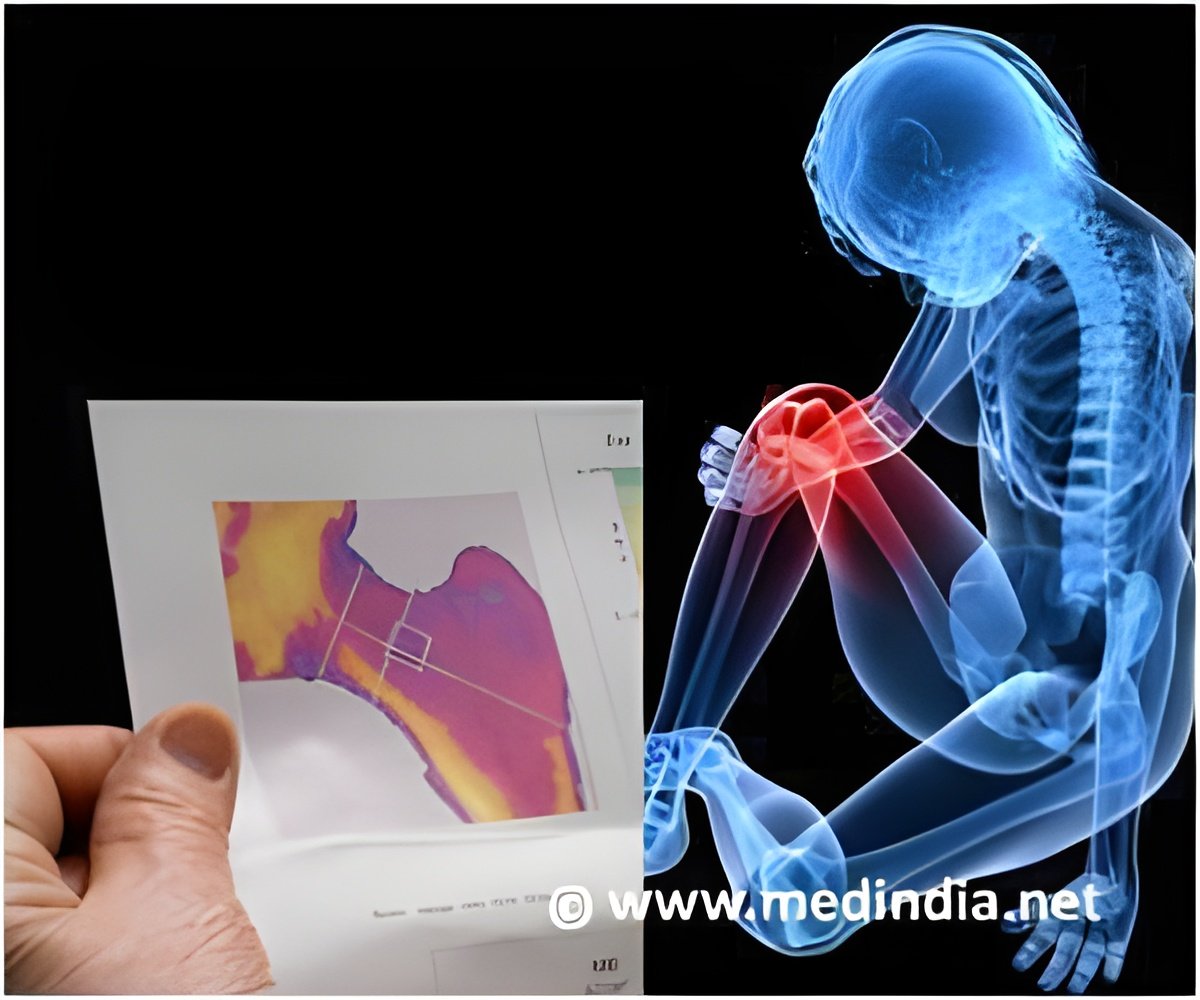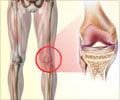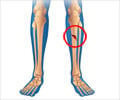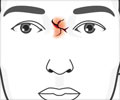A new review summarizes recommendations of leading societies, providing guidance for clinical decision making and information on evidence-based pathways to prevent bone disease and bone loss.

Cancer patients are at greater risk of bone disease and fractures:
Cancer-induced bone disease can result from the primary disease itself, either due to circulating bone resorbing substances, or from metastasis to bone such as commonly occurs with breast, lung and prostate cancer. As well, cancer therapy itself can cause bone loss and fractures – especially in the case of glucocorticoid or estrogen deprivation therapy, chemotherapy-induced ovarian failure, and androgen deprivation therapy.
As people with cancer survive longer, cancer related bone disease and its treatment becomes an important health issue that needs to be addressed. For example, women undergoing therapy for breast cancer, without bone metastases, have been shown to have a fivefold higher prevalence of vertebral fractures than women without cancer of the same age. Men with prostatic cancer are at particularly high risk of osteoporosis and fracture due in part to treatment with androgen deprivation therapy. Rates of bone mineral density decrease can be as high as 3 to 5.6% within the first year of treatment alone.
Professor René Rizzoli, lead author and Professor of Medicine and Head of the Division of Bone Disease at the University Hospitals of Geneva stated, "Physicians must make a concerted effort to prevent bone loss and fractures in their patients. Fragility fractures due to osteoporosis can have serious repercussions, including severe pain, immobility, and accompanying loss of quality of life. Patients with cancer, including those who are in remission, should not have their quality of life further jeopardized by disability resulting from fractures."
Early evaluation and treatment for osteoporosis is critical:
Advertisement
"Recommendations for assessment and treatment with bone modifying therapies are highly targeted to the type of cancer, and depend on whether or not bone metastasis is involved and whether the bone loss is treatment induced. This IOF review gives physicians a comprehensive understanding of the key clinical considerations involved and directs attention to the recommendations of the expert societies in the field," said Professor Cyrus Cooper, Chair of the IOF Committee of Scientific Advisors.
Advertisement
Source-Eurekalert















